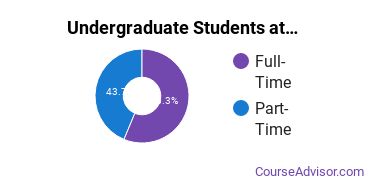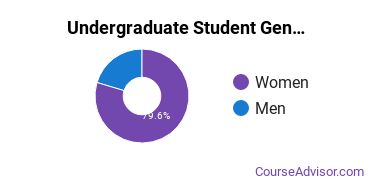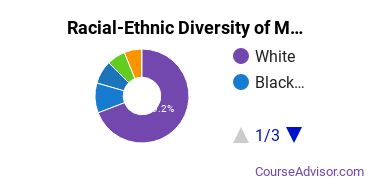Mercy College of Health Sciences Overview
Mercy College of Health Sciences is a private not-for-profit institution situated in Des Moines, Iowa. The city atmosphere of Des Moines makes it a great place for students who enjoy having lots of educational and entertainment options.
What Is Mercy College of Health Sciences Known For?
- Students who want to work more closely with their professors have an easier time at Mercy College of Health Sciences since the student to facuty ratio is 8 to 1.
- The highest award offered at Mercy College of Health Sciences is the master's degree.
- In a recent academic period39% of the faculty were full-time.
- After graduation, Mercy College of Health Sciences bachelor's degree recipients go on to jobs where they make $62,234 a year. That's about 53% more than their peers at other schools.
Where Is Mercy College of Health Sciences?

Contact details for Mercy College of Health Sciences are given below.
| Contact Details | |
|---|---|
| Address: | 928 6Th Ave, Des Moines, IA 50309-1239 |
| Phone: | 515-643-3180 |
| Website: | www.mchs.edu |
How Do I Get Into Mercy College of Health Sciences?
You can apply to Mercy College of Health Sciences online at: https://apply.mchs.edu/apply/
Admission Requirements for Mercy College of Health Sciences
| Submission | Required? |
|---|---|
| High School GPA | 1 |
| High School Rank | 3 |
| High School Transcript | 1 |
| College Prep Program | 3 |
| Recommendations | 3 |
| SAT or ACT Scores | 5 |
| TOEFL | 1 |
How Hard Is It To Get Into Mercy College of Health Sciences?
Approximately 11% of accepted students are men and 89% are women. The acceptance rate for men is 94%, and the acceptance rate for women is 97%.
Mercy College of Health Sciences received ACT scores from 3% of accepted students.
Can I Afford Mercy College of Health Sciences?
Student Loan Debt
It's not uncommon for college students to take out loans to pay for school. In fact, almost 66% of students nationwide depend at least partially on loans. At Mercy College of Health Sciences, approximately 61% of students took out student loans averaging $8,191 a year. That adds up to $32,764 over four years for those students.
Explore Best Ranked Schools for You
Mercy College of Health Sciences Undergraduate Student Diversity

Gender Diversity
Of the 516 full-time undergraduates at Mercy College of Health Sciences, 17% are male and 83% are female.

Racial-Ethnic Diversity
The racial-ethnic breakdown of Mercy College of Health Sciences students is as follows.

| Race/Ethnicity | Number of Grads |
|---|---|
| Asian | 25 |
| Black or African American | 34 |
| Hispanic or Latino | 42 |
| White | 373 |
| International Students | 0 |
| Other Races/Ethnicities | 42 |
Geographic Diversity
Iowa students aren't the only ones who study at Mercy College of Health Sciences. At this time, 2 states are represented by the student population at the school.
Mercy College of Health Sciences Undergraduate Concentrations
The table below shows the number of awards for each concentration.
| Major | Basic Certificate | Associate’s | Undergraduate Certificate | Bachelor’s | TOTAL |
|---|---|---|---|---|---|
| Nursing | 0 | 26 | 0 | 286 | 312 |
| Allied Health & Medical Assisting Services | 71 | 2 | 0 | 0 | 73 |
| Allied Health Professions | 0 | 19 | 33 | 0 | 52 |
| Health & Medical Administrative Services | 0 | 0 | 0 | 29 | 29 |
| Clinical/Medical Laboratory Science | 0 | 0 | 12 | 0 | 12 |
| Health/Medical Prep Programs | 0 | 0 | 0 | 4 | 4 |
| Public Health | 0 | 0 | 0 | 4 | 4 |
| TOTAL | 71 | 47 | 45 | 323 | 486 |
References
*The racial-ethnic minorities count is calculated by taking the total number of students and subtracting white students, international students, and students whose race/ethnicity was unknown. This number is then divided by the total number of students at the school to obtain the racial-ethnic minorities percentage.
More about our data sources and methodologies.
